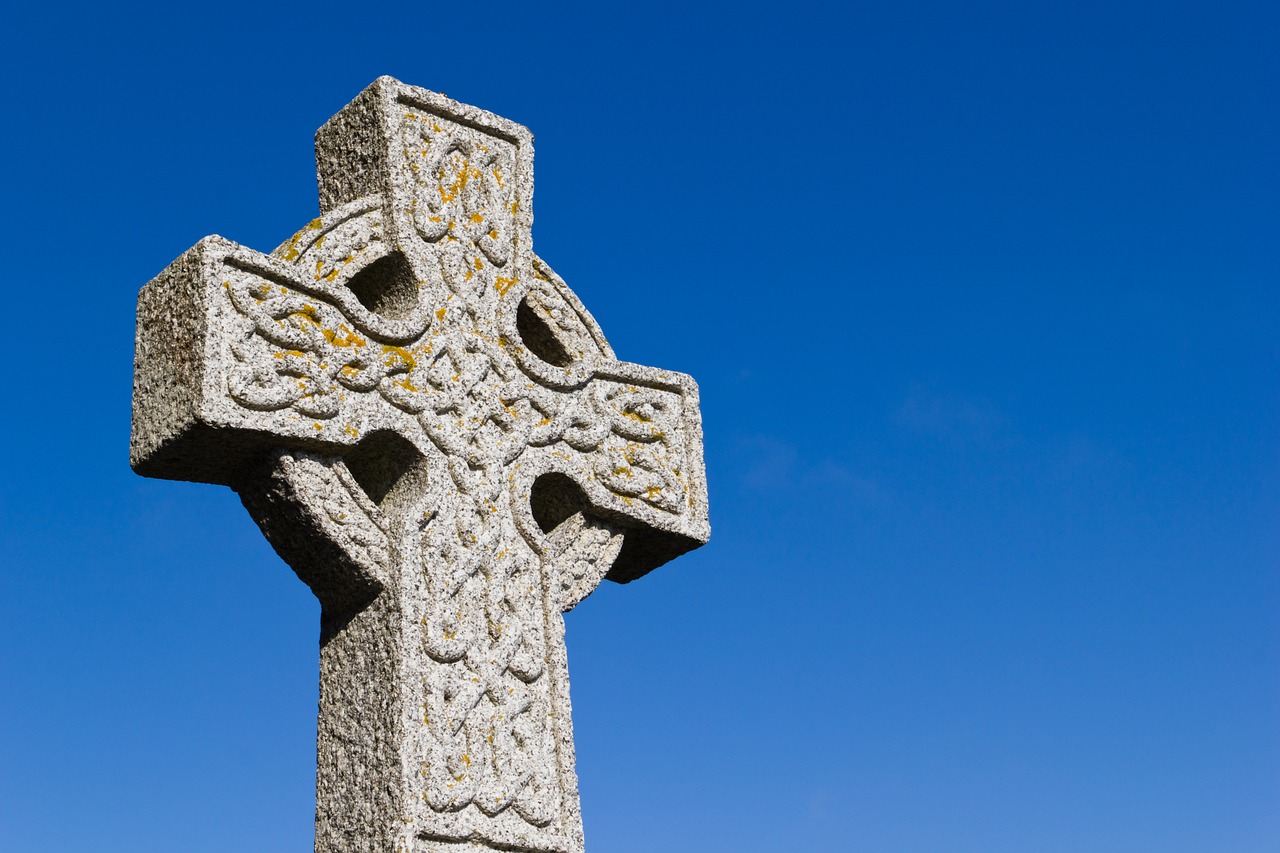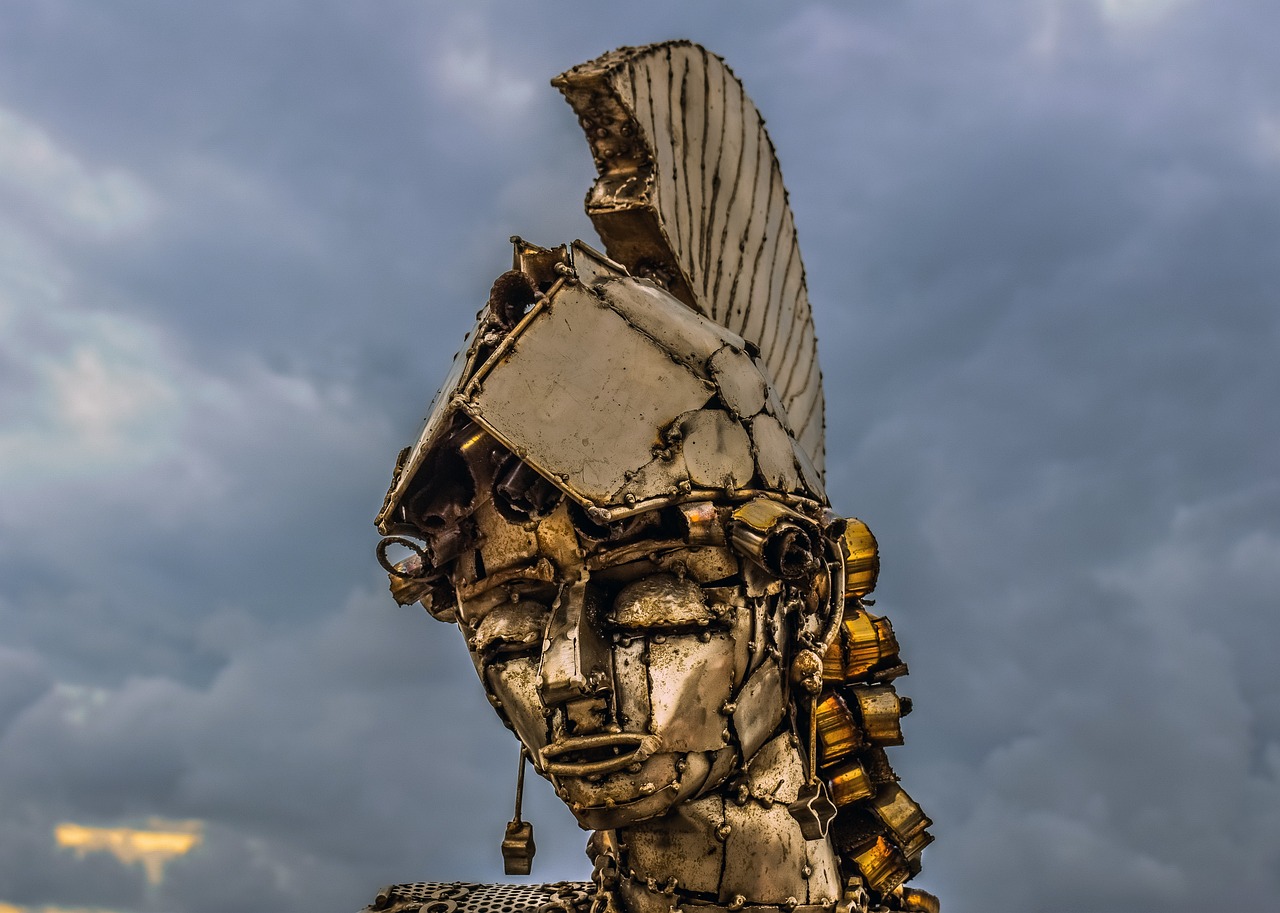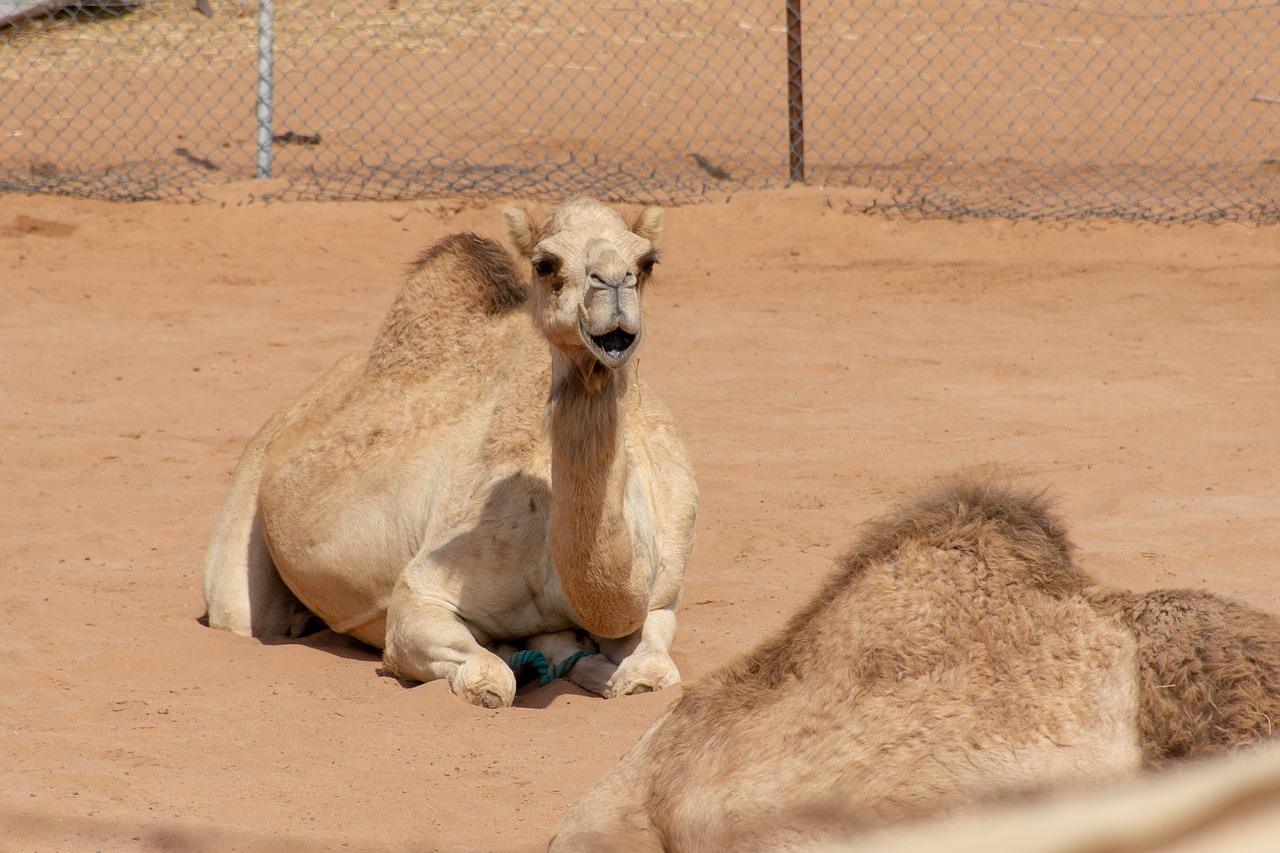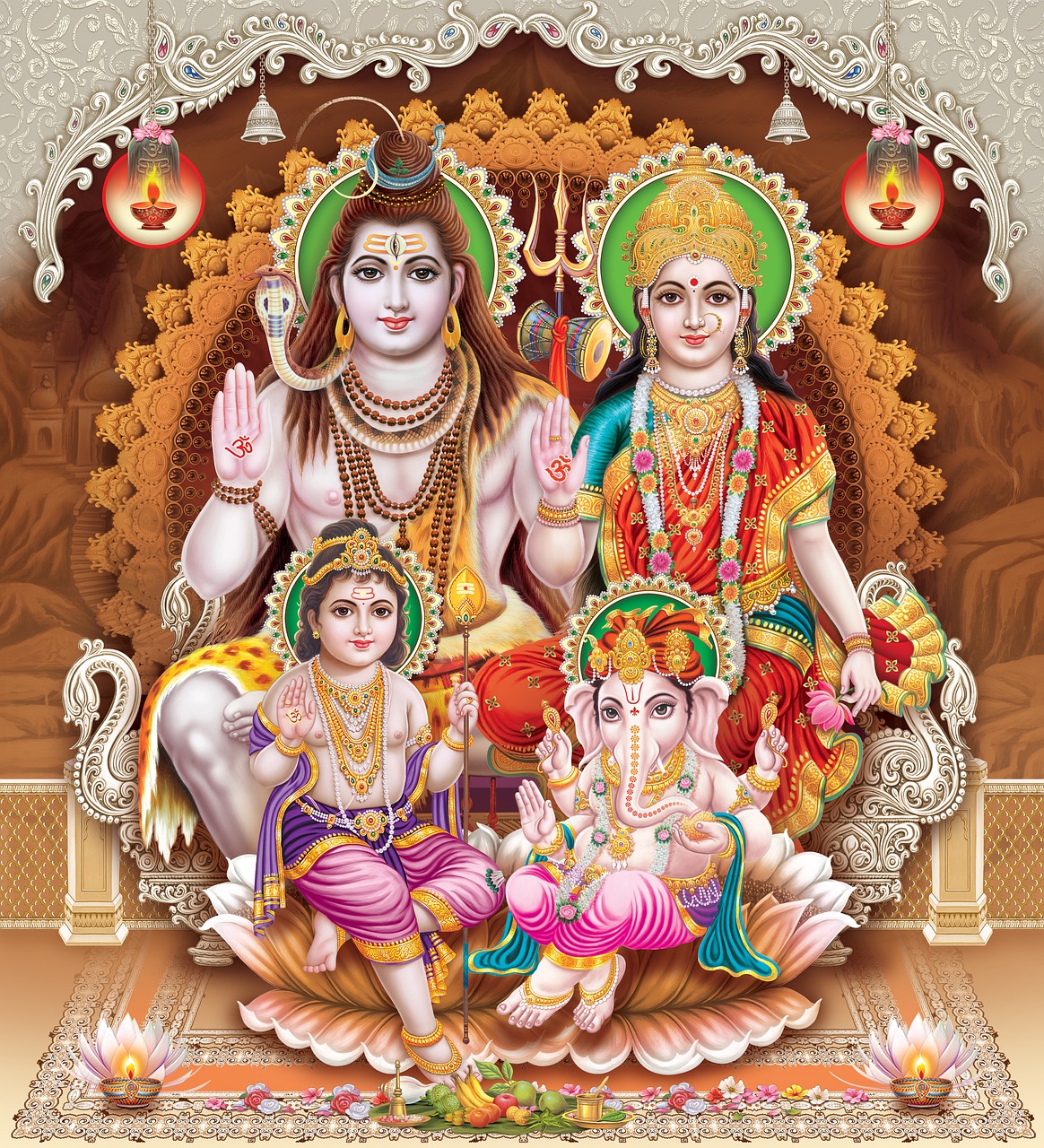Mythology
-
The Enigmatic Goddess Clíodhna in Irish Folklore Among the captivating figures within Irish mythology, Goddess Clíodhna particularly stands out. Revered as the epitome of beauty, she embodies love and reigns as the Queen of the Banshees in Ireland. Clíodhna is recognized as a formidable Banshee, with her narrative deeply interwoven in the folklore of South…
-

Nestled in the southwestern region of the Karnak Temple Complex on the East Bank of Luxor, the Khonsu Temple is celebrated as a prime illustration of a well-structured small temple from the New Kingdom era. Its construction began during the reign of Ramses III, but it was completed under subsequent rulers, including Libyan generals who…
-

Archaeological Discoveries Illuminate Worship Practices of Hathor in Ancient Egypt Recent excavations in the ancient city of Buto, located in Kafr El-Sheikh province to the north of Cairo, have unveiled an impressive array of relics linked to the worship of the goddess Hathor. Undertaken by the Egyptian Ministry of Tourism and Antiquities, the discovery by…
-

The Roman Empire left a significant mark on the world through advanced construction, logistical innovation, and sophisticated legal systems. Yet, with their profound influence came a troubling legacy—a form of cultural homogenization that often led to the erasure of diverse traditions. The Romans had a tendency to absorb and reshape the cultures they encountered, leading…
-

Ares, in the realm of Greek mythology, is recognized as the god of war, embodying the essence of battle and its brutal realities. Unlike Mars, his Roman equivalent, Ares did not enjoy widespread reverence among the Greeks. He was seen as a less favorable figure, representing the darker aspects of conflict and bloodshed. According to…
-
Anhur: The Egyptian God of War Anhur, also known as Onuris, is an important deity in ancient Egyptian mythology, revered as the god of war and protector of both the army and hunters. Recognized for his impressive stature, Anhur is commonly portrayed as a man adorned with a distinctive tall crown of four ostrich feathers.…
-

MINERVA: The Goddess of Wisdom Domains: Wisdom, trade, science, arts, medicine, crafts, professions, and war. Type: Major Deity Roman Name: Minerva Greek Equivalent: Athena Alternate Names: Minerva Medica, Minerva Achaea Festivals: Quinquatria (March 19-23), Minor Quinquatria (June 13) Temples: Temple of Minerva Medica, Delubrum Minervae Overview Minerva stands out among deities due to her diverse…
-

In the northwestern sector of suburban Cairo, buried under 20 meters of sediment, lies the historical remains of ancient Iwn, a city that played a pivotal role in the genesis of the universe. Known later as Heliopolis, which translates to “city of the sun-god” in Greek, and Ain-Shams, meaning “eye of the sun” in Arabic,…
-

Zeus, the chief deity of ancient Greek religion, is a figure deeply rooted in myth and culture, synonymous with the Roman god Jupiter. His name likely has its origins in the sky god Dyaus, found in ancient texts like the Rigveda. Revered as the overseer of thunder, lightning, rain, and winds, Zeus wielded the thunderbolt…



